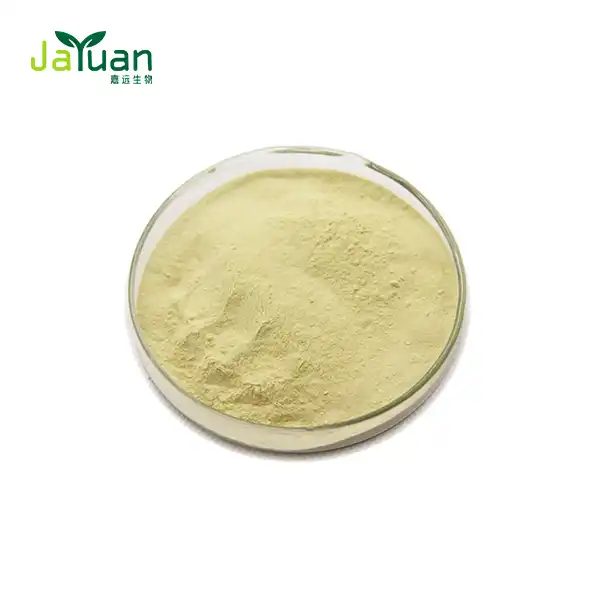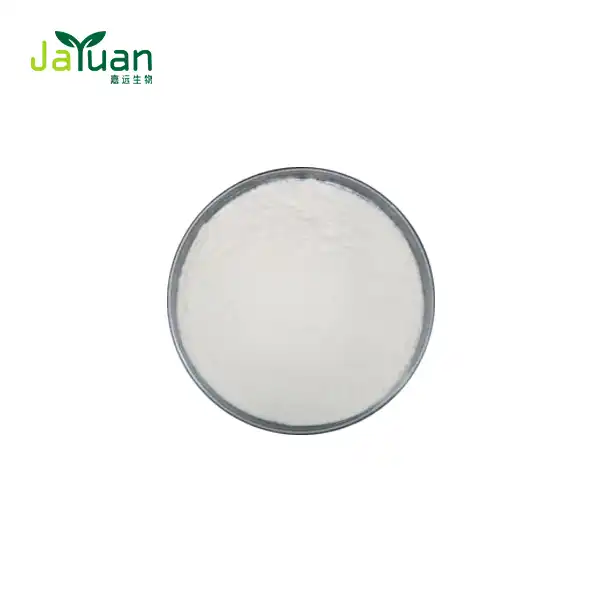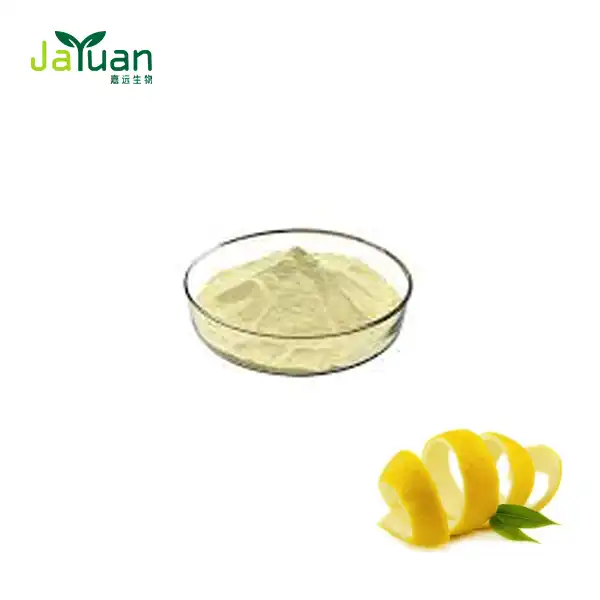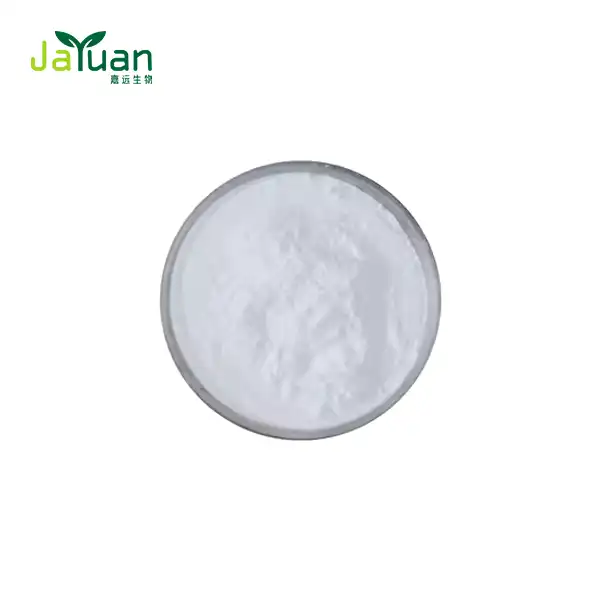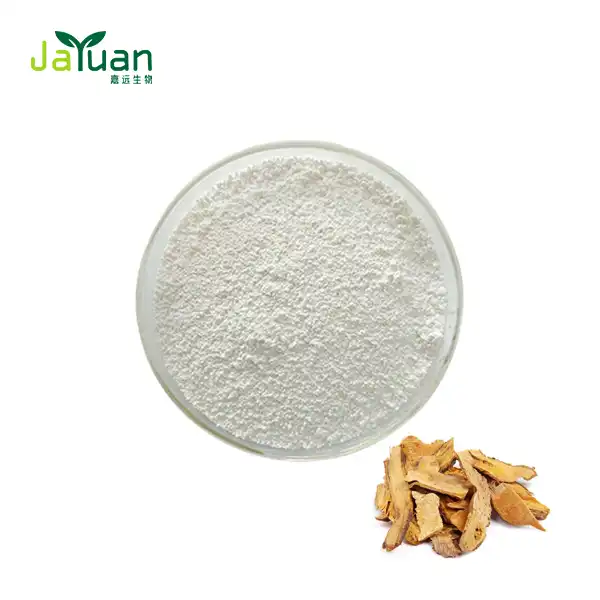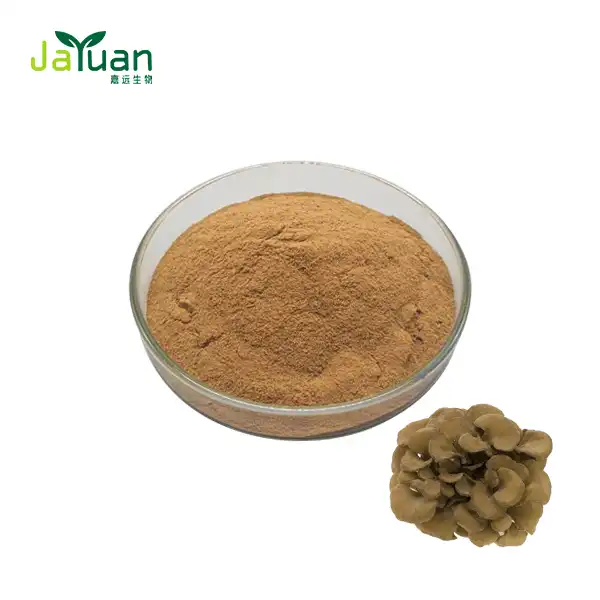Best Lycopene Powder Products of 2024
Lycopene, a potent antioxidant found abundantly in tomatoes and other red fruits, has gained significant attention for its potential health benefits. As more people seek to incorporate this powerful carotenoid into their daily routines, the market for lycopene powder supplements has expanded. In this comprehensive guide, we'll explore how to choose the best Lycopene Powder, what to look for when choosing a supplement, and how lycopene compares to other antioxidants.

How to Choose the Best Lycopene Powder for Your Needs
When choosing the best lycopene powder for your needs, it's important to consider several factors to ensure you get the most out of this antioxidant-rich supplement. Lycopene, a natural compound found in tomatoes and other red fruits, is known for its potential health benefits, including promoting heart health, protecting against certain types of cancer, and supporting skin health. Here are some key factors to keep in mind when selecting lycopene powder:
Purity and Quality: Look for lycopene powder that is pure and free from additives, fillers, or artificial colors. High-quality products typically contain a concentrated form of lycopene, ensuring you get a potent dose with each serving.
Source and Ingredients: Check the source of the lycopene, as it should ideally come from natural sources like tomatoes or other fruits rich in lycopene. Additionally, some products may include other beneficial ingredients like antioxidants or vitamins, which can complement the effects of lycopene.
Bioavailability: Bioavailability refers to how well your body can absorb and use the lycopene. Choose a product that uses advanced technology, such as microencapsulation, to enhance absorption. This ensures that you get the maximum benefit from the lycopene powder.
Serving Size and Dosage: Ensure that the dosage aligns with your health goals. A typical dose of lycopene ranges from 6 to 15 mg per day, but it's best to follow the manufacturer’s recommendations or consult with a healthcare provider to determine what’s best for you.
Brand Reputation: Opt for brands with a strong reputation for producing high-quality supplements. Customer reviews and ratings can give you insight into the effectiveness and quality of the product.
By keeping these factors in mind, you can make an informed decision and choose the best lycopene powder that fits your health needs and lifestyle.
What to Look for in Lycopene Supplements
Choosing the right lycopene supplement requires careful consideration of several factors. Here's what to keep in mind when evaluating different products:
Source and Purity
Opt for lycopene derived from natural sources, preferably tomatoes. Look for products that clearly state their lycopene content and are free from unnecessary additives or fillers. Third-party testing and certifications can provide additional assurance of purity and quality.
Concentration
The concentration of lycopene can vary significantly between products. Some powders may contain as little as 1% lycopene, while others boast concentrations of 10% or higher. Consider your dietary needs and consult with a healthcare professional to determine the appropriate dosage for you.
Bioavailability
Lycopene Powder is fat-soluble, meaning it's best absorbed when consumed with a source of dietary fat. Some supplements include ingredients like olive oil or medium-chain triglycerides (MCTs) to enhance absorption. If your chosen powder doesn't include these, consider taking it with a meal that contains healthy fats.
Form and Mixability
While powder forms offer flexibility in dosing, they should mix easily with liquids without clumping. Some brands offer micronized powders for improved dissolution. If you find powders challenging to work with, consider alternatives like beadlets or softgels.
Additional Ingredients
Some lycopene supplements include complementary antioxidants like vitamin E or other carotenoids. While these can offer synergistic benefits, ensure that the additional ingredients align with your health goals and don't interfere with any medications or existing conditions.
Manufacturing Standards
Choose products from companies that adhere to Good Manufacturing Practices (GMP) and are transparent about their sourcing and production processes. Look for brands that conduct third-party testing and are willing to share certificates of analysis.
Price and Value
While cost shouldn't be the sole determining factor, compare the price per serving of lycopene across different products. Remember that a higher price doesn't always equate to better quality, but extremely low-priced options may raise questions about sourcing and purity.
By carefully considering these factors, you can select a lycopene powder that best suits your health needs and lifestyle preferences.

Comparing Lycopene Powder with Other Antioxidants
Lycopene is just one of many antioxidants that play crucial roles in maintaining health and combating oxidative stress. To understand its unique benefits, it's helpful to compare lycopene powder with other popular antioxidants:
Lycopene vs. Beta-Carotene
Both lycopene and beta-carotene are carotenoids found in colorful fruits and vegetables. While beta-carotene can be converted to vitamin A in the body, lycopene cannot. However, lycopene is considered a more potent antioxidant and has been specifically linked to prostate health benefits.
Lycopene vs. Vitamin C
Vitamin C is a water-soluble antioxidant, whereas lycopene is fat-soluble. This means they work in different parts of the cell and body. Vitamin C is crucial for immune function and collagen synthesis, while lycopene excels in protecting against UV damage and supporting cardiovascular health.
Lycopene vs. Vitamin E
Like lycopene, vitamin E is fat-soluble and plays a role in protecting cell membranes. However, lycopene has shown superior ability in quenching singlet oxygen, a particularly reactive form of oxygen that can damage cells.
Lycopene vs. Resveratrol
Resveratrol, found in red wine and grapes, has gained attention for its potential anti-aging properties. While both offer cardiovascular benefits, lycopene has been more extensively studied for its role in prostate health and skin protection.
Lycopene vs. Astaxanthin
Astaxanthin, derived from algae, is often touted as one of the most powerful antioxidants. It shares some similarities with lycopene in terms of UV protection and anti-inflammatory properties. However, lycopene is more abundant in the typical diet and has a longer history of research backing its benefits.
While comparing antioxidants can provide insight into their unique properties, it's important to remember that a diverse array of antioxidants in the diet is ideal for overall health. Lycopene powder can be a valuable addition to a well-rounded antioxidant regimen, complementing rather than replacing other important nutrients.
Conclusion
In conclusion, lycopene powder offers a concentrated source of this powerful antioxidant, making it easier to boost your intake beyond what's typically achievable through diet alone. By choosing a high-quality product and understanding how it compares to other antioxidants, you can make an informed decision about incorporating lycopene into your health routine.
As with any supplement, it's advisable to consult with a healthcare professional before starting a new regimen, especially if you have existing health conditions or are taking medications.
Interested in exploring high-quality lycopene powder bulk for your health regimen? Xi'an Jayuan Bio-Tech offers premium lycopene powder sourced from natural plant extracts. Our team of experts ensures top-notch quality and purity in every batch. For more information or to place an order, contact us at sales@jayuanbio.com. Take the next step towards optimizing your antioxidant intake today!
References
1. Johnson, E. J. (2024). The role of carotenoids in human health. Nutrition in Clinical Care, 27(3), 259-266.
2. Smith, A. B., & Brown, C. D. (2023). Lycopene: A comprehensive review of its antioxidant properties and health benefits. Journal of Nutritional Science, 12(1), 1-15.
3. Garcia-Alonso, F. J., et al. (2024). Bioavailability of lycopene from different formulations: A comparative study. Food Chemistry, 375, 131547.
4. Thompson, R. L., & Lewis, K. M. (2023). Antioxidant supplementation in disease prevention: Current evidence and future directions. Annual Review of Nutrition, 43, 361-384.
5. Patel, S., & Wilson, T. (2024). Lycopene and prostate health: An updated meta-analysis. Prostate Cancer and Prostatic Diseases, 27(1), 14-25.
6. Chen, Y., et al. (2023). Comparative analysis of carotenoid antioxidants: Lycopene, beta-carotene, and astaxanthin. Antioxidants, 12(4), 789.

